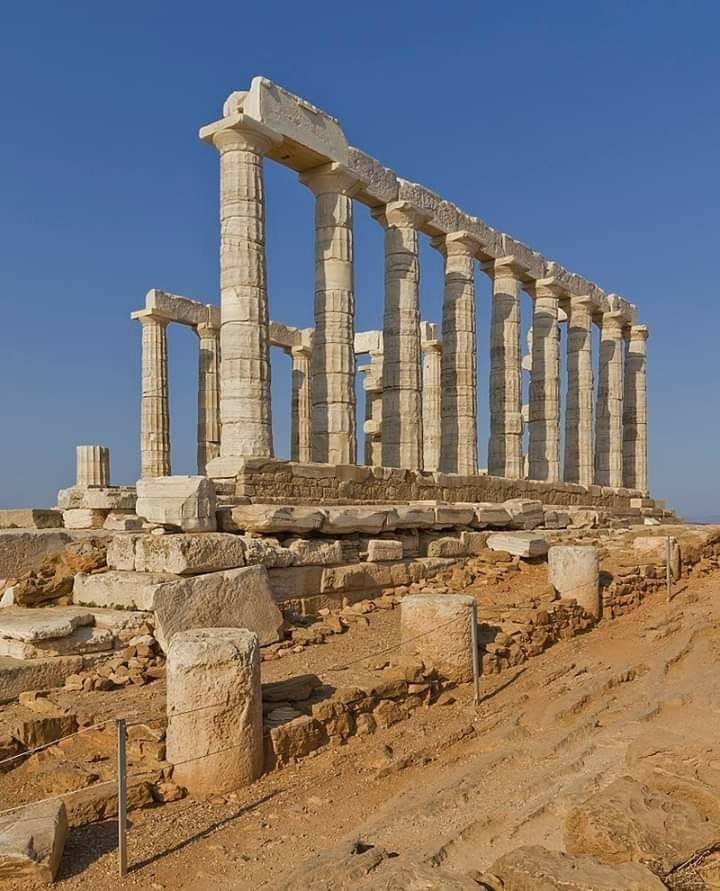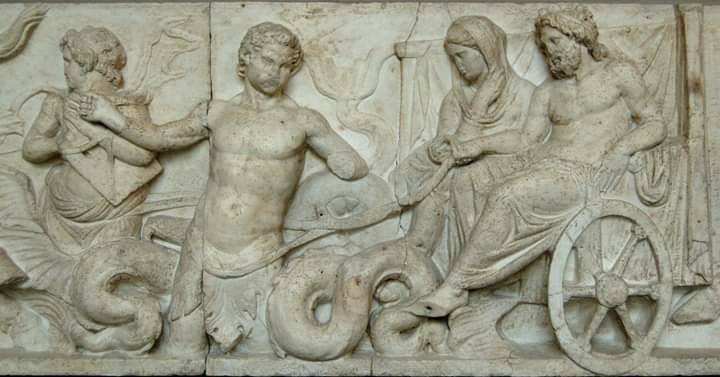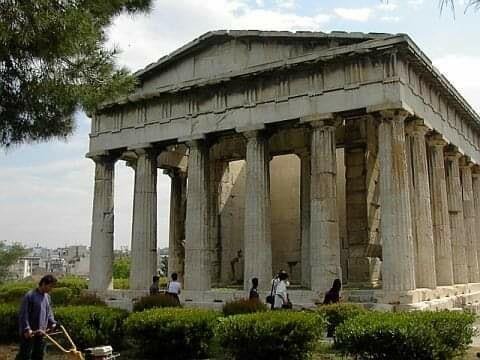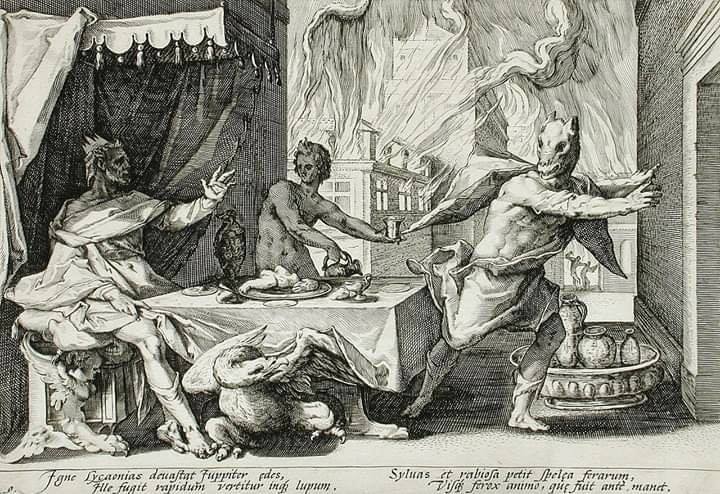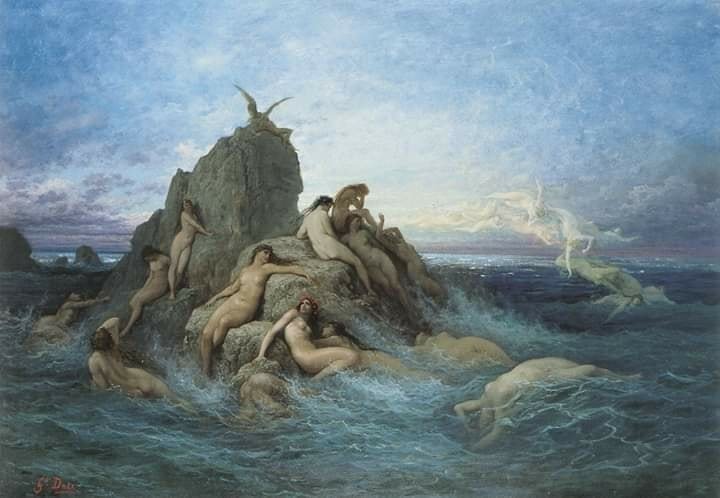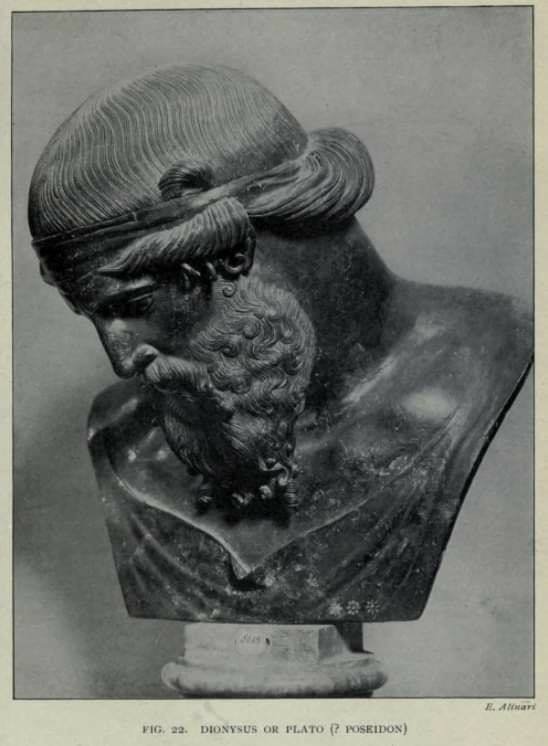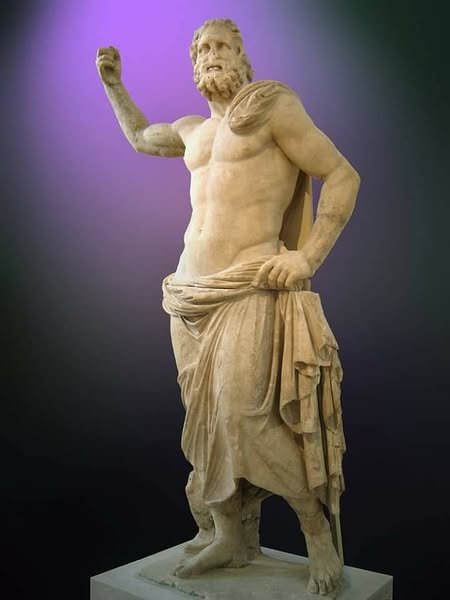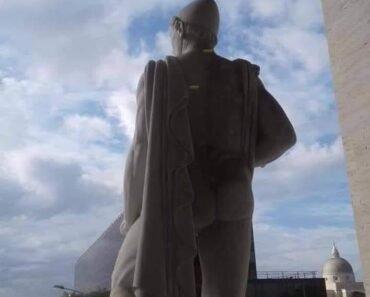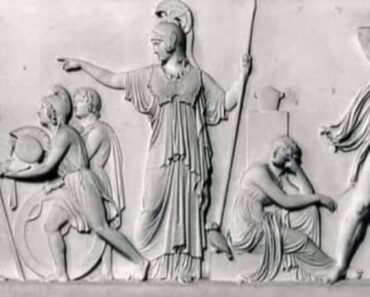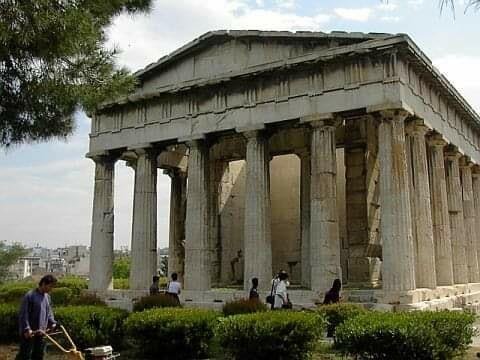
Në Iliada, Homeri i karakterizon pellazgët si luftëtarë të guximshëm.
Për të luftuar luftën, ata migruan nga gadishulli Ballkanik në Azinë e Vogël .
Pellazgët luftuan kundër fiseve të Grekëve në luftën e Trojës.
Pellazgu, babai i Hippothous , një nga udhëheqësit Trojan që luftoi së bashku me Dardanët dhe aleatët e tjerë që mbronin muret e qytetit të Trojës .
Pelasgus, either an autochthon, or a son of Zeus by Niobe (and in the latter case brother of Argus). The Oceanide Meliboea,
the nymph Cyllene, or Deianeira, became by him the mother of Lycaon of Arcadia and Temenus.
Pelasgus, son of Arcas
Pelasgus, ose një autokton , ose një djalë i Zeusit nga Niobe (dhe në rastin e fundit vëllai i Argusit ). Oceanide Meliboea , nympha Cyllene ose Deianeira , bë prej tij nëna e Lycaon e Arcadia dhe Temenus .
Pelasgus, bir i Arcas
Hesiod in Pseudo-Apollodorus, Bibliotheca 2.1.1
Pausanias, Graeciae Descriptio 2.14.3 & 8.1.2
Pseudo-Apollodorus, Bibliotheca 3.8.1
Tzetzes on Lycophron 481
Scholia ad Euripides, Orestes 1642
Dionysius of Halicarnassus, Antiquitates Romanae 1.11.2 & 1.13.1
Hyginus, Fabulae 225
Pausanias, Graeciae Descriptio 8.22.2
In ,,Greek,, mythology, Pelasgus Pelasgós means “ancient” was the eponymous ancestor of the Pelasgians, the mythical inhabitants of Greece who established the worship of the Dodonaean Zeus, Hephaestus, the Cabeiri, and other divinities. In the different parts of the country once occupied by Pelasgians, there existed different traditions as to the origin and connection of Pelasgus. The ancient Greeks even used to believe that he was the first man.
Robert Graves. The Greek Myths, section 12 s.v. Hera and her Children
Në mitologjinë ,,Greke,, Pelasgus , Pelasgós do të thotë “i lashtë” ishte paraardhësi eponim i Pellazgëve, banorët mitikë të Greqisë që vendosën adhurimin e Zeusit Dodonian , Hephestin, Cabeiri , dhe hyjnitë e tjera .
Në pjesë të ndryshme të vendit dikur të pushtuar nga Pellazgët, ekzistonin tradita të ndryshme për origjinën dhe lidhjen e Pellazgut.
Të ,,Grekët e lashtë ,,e përdorur edhe për të besuar se ai ishte njeriu i parë.
Pelazgu, një princ Argiv si bir i Poseidonit dhe Larissas , bijë e Pellazgut, bir i Triopit. Së bashku me vëllezërit e tij Phthiu dhe Acheu ata e lanë Achaean Argos me një kontigjent pellazgjike për Thesalinë .
Atëherë ata vendosën një koloni në vendin e përmendur duke e quajtur atë vetë: Pelasgiotët , Phthiotis dhe Achaea .
Dionysius of Halicarnassus, Antiquitates Romanae 1.17.3
Pelasgus ishte gjithashtu themeluesi i Argos Thesaliane.
Eustathius on Homer, p. 321
Clinton, Fast. Hell. vol. 1. p. 9
Ai u tha gjithashtu se ishte babai i Phrastor nga nimfë Menippe .
Dionysius of Halicarnassus, Antiquitates Romanae 1.28.3
Po ashtu, Pelasgus thuhet se ka qenë paraardhësi i Tyrrenasve përmes vijës së tyre: Pelasgus – Phrastor – Amyntor – Teutamides – Nanas. Në mbretërimin e këtij të fundit, pellazgët besohej se ishin larguar nga Greqia dhe ishin vendosur në një tokë të re që më vonë erdhi të emërtohej Tyrrhenia.
Hellanicus’ Phoronis as cited in Dionysius of Halicarnassus, Antiquitates Romanae 1.28.3 (Hellanicus fr. 4 Fowler, pp. 156–176)
Pelazgu, babai i Chlorit dhe gjyshi i Hemoni ose babai i Hemon dhe gjyshi i Thesalit në vend.
Stephanus of Byzantium, Ethnica s.v. Haimonia
Scholia on Apollonius Rhodius, Argonautica 3.1089
Ai mund të jetë i njëjti njeri me Pelazgun e mësipërm.
Pelazgu homerik
Në Iliada , Homeri i karakterizon pellazgët si luftëtarë të guximshëm.
Për të luftuar luftën, ata migruan nga gadishulli Ballkanik në Azinë e Vogël . Pellazgët luftuan kundër fiseve të Grekëve në luftën e Trojës.
Pelasgus, babai i Hippothous , një nga udhëheqësit Trojan që luftoi së bashku me Dardanët dhe aleatët e tjerë që mbronin muret e qytetit të Trojës .
Pseudo-Apollodorus, Bibliotheca Epitome of Book 4.3.35
Në disa tregime, babai i Hipotozit u quajt Lethus , biri i Teutamides të mësipërm.
Homer, Iliad 2.843
Pelasgus, an Argive prince as son of Poseidon and Larissa, daughter of the Pelasgus, son of Triopas. Together with his brothers Phthius and Achaeus, they left Achaean Argos with a Pelasgian contingent for Thessaly.
They then established a colony on the said country naming it after themselves: Pelasgiotis, Phthiotis and Achaea.
Pelasgus was also the founder of the Thessalian Argos.
He was also said to be the father of Phrastor by the nymph Menippe.
Pelasgus is also said to have been the ancestor of the Tyrrhenians through the following lineage: Pelasgus – Phrastor – Amyntor – Teutamides – Nanas. In the latter’s reign, the Pelasgians were believed to have left Greece and to have settled in a new land that later came to be named Tyrrhenia.
Ai u tha gjithashtu ishte babai i Phrastor nga nimfë Menippe.Po ashtu, Pelasgus thuhet se ka qenë paraardhësi i Tyrrenasve përmes vijës së tyre: Pelasgus – Phrastor – Amyntor – Teutamides – Nanas.
Në mbretërimin e këtij të fundit, pellazgët besohej se ishin larguar nga Greqia dhe ishin vendosur në një tokë të re që më vonë erdhi të emërtohej Tyrrhenia.
Hellanicus ‘ Phoronis , cituar në Dionysius of Halicarnassus, Antiquitates Romanae 1.28.3 (Hellanicus fr. 4 Fowler, f. 156–176)
Pelasgus, babai i Chlorus dhe gjyshi i Haemon ose babai i Haemon dhe gjyshi i Thesalit në vend. Ai mund të jetë i njëjti njeri me Pelasgusin e mësipërm.
Pelasgus, father of Chlorus and grandfather of Haemon or the father of Haemon and grandfather of Thessalus instead. He may be the same man with the above Pelasgus.
Homeric Pelasgus
In the Iliad, Homer characterizes the Pelasgians as brave fighters. To fight the war, they migrated from the Balkan peninsula into Asia Minor.
The Pelasgians fought against the tribes of Greeks in the war of Troy.
Pelasgus, father of Hippothous, one of the Trojan leaders who fought alongside the Dardanians and other allies defending the walls of the city of Troy.
In some accounts Hippothous’ father was called Lethus, son of the above Teutamides.
Ky artikull përfshin tekstin nga një botim tani në domenin publik : Smith, William , ed. (1870). ” emrin e nevojshëm të artikullit “. Fjalor i Biografisë Greke dhe Romake, Biografia dhe mitologjia .
Poseidon from Milos, 2nd century BC (National Archaeological Museum of Athens).
Dionysus, Plato, or Poseidon sculpture excavated at the Villa of the Papyri.
Les Oceanides Les Naiades de la mer. Gustave Doré, 1860s
Zeus turning Lycaon into a wolf; engraving by Hendrik Goltzius.
The western face of the Doric temple of Hephaestus, Agora of Athens.
Sea thiasos depicting the wedding of Poseidon and Amphitrite, from the Altar of Domitius Ahenobarbus in the Field of Mars, bas-relief, Roman Republic, 2nd century BC
Temple of Poseidon at Cape Sounion, built c. 440 BC.
